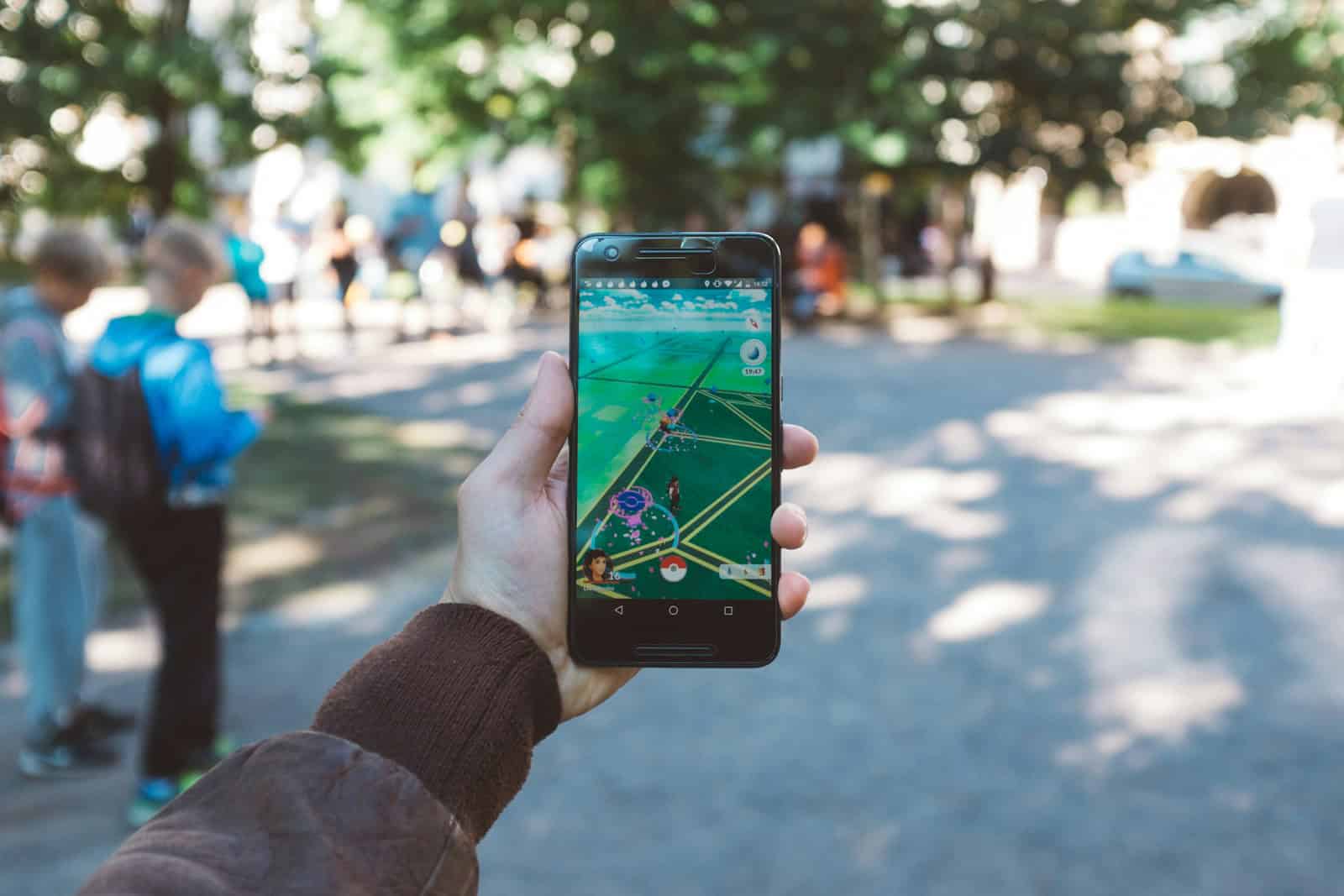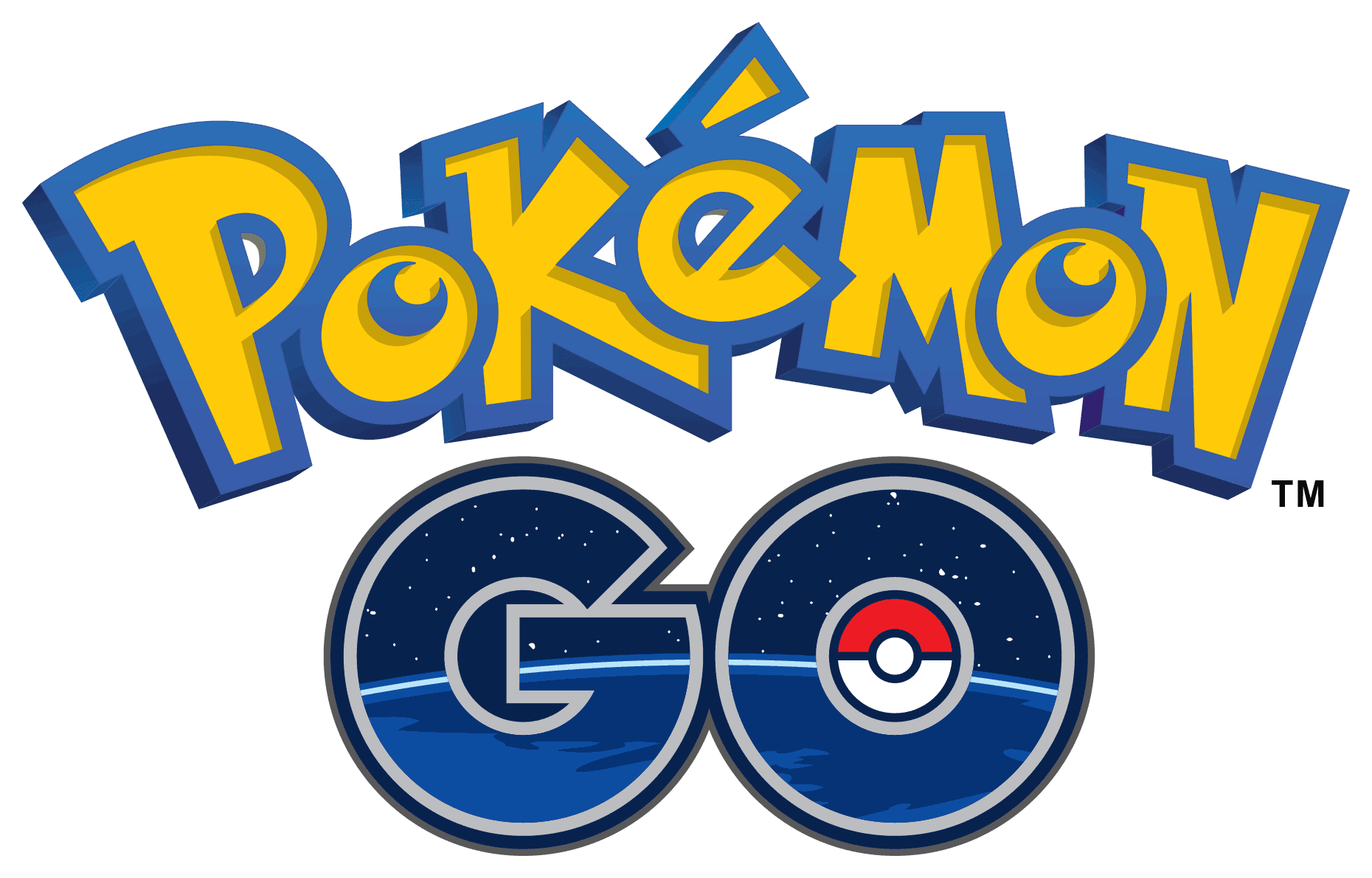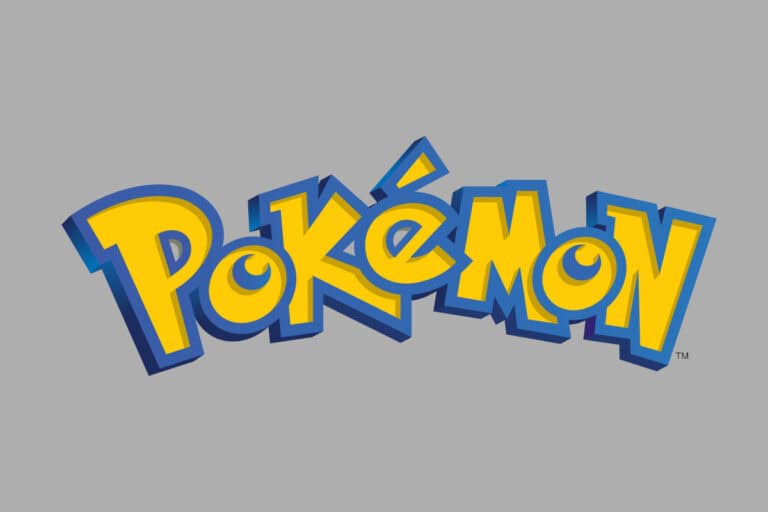
Niantic, the pioneering force behind Pokémon Go, is reportedly on the brink of a transformative shift as acquisition talks with Scopely heat up. The potential $3.5 billion deal could see Niantic’s gaming division absorbed into Scopely’s growing empire, signaling a seismic change in the mobile gaming landscape.
A New Chapter for Pokémon Go?
Since its explosive debut in 2016, Pokémon Go has been a cultural phenomenon, blending augmented reality (AR) with social gameplay in a way no game had before. However, in recent years, Niantic has struggled to replicate that success. Attempts to expand its AR-driven catalog with titles like Harry Potter: Wizards Unite and Pikmin Bloom failed to capture similar lightning in a bottle, leading to project cancellations and company layoffs.
Now, with Scopely—owned by Saudi Arabia’s Savvy Games Group—at the negotiation table, Niantic may be positioning itself for a fresh start. Scopely, known for its high-performing titles like Monopoly Go!, Marvel Strike Force, and Stumble Guys, has a reputation for maximizing player engagement and monetization. If the acquisition proceeds, Pokémon Go could see significant shifts in its operational model, possibly aligning more closely with Scopely’s aggressive in-game revenue strategies.
Saudi Arabia’s Growing Influence in Gaming
This potential deal also underscores Saudi Arabia’s increasing stake in the global gaming industry. Savvy Games Group, backed by the Saudi Public Investment Fund, has aggressively pursued major acquisitions as part of the kingdom’s Vision 2030 initiative, aimed at diversifying its economy beyond oil. Its $4.9 billion purchase of Scopely in 2023 marked a significant step toward establishing Saudi Arabia as a powerhouse in the gaming world.
The Niantic deal, if finalized, would further consolidate Savvy Games’ position, giving it a controlling interest in one of mobile gaming’s most iconic titles. This raises questions about how geopolitical influences might shape the future of Pokémon Go and Niantic’s other gaming properties.
Community Concerns and Industry Implications
The gaming community’s response to the news has been mixed. Longtime Pokémon Go players have voiced concerns on platforms like Reddit, fearing that Scopely’s monetization-heavy tactics could disrupt the delicate balance that has kept the game thriving for nearly a decade. Players worry about increased microtransactions, pay-to-win mechanics, and potential shifts in community-focused events that have been a hallmark of Pokémon Go.
Industry analysts, meanwhile, see the acquisition as a logical step in an era of consolidation within gaming. As larger conglomerates continue to absorb smaller studios, the lines between independent creativity and corporate profitability blur further. This trend isn’t unique to Niantic—Microsoft’s $68.7 billion acquisition of Activision Blizzard and Sony’s purchase of Bungie for $3.6 billion are just two examples of the industry’s recent mega-deals.

What’s Next for Niantic and Scopely?
For Niantic, this could represent an opportunity to recalibrate its focus. While Pokémon Go remains profitable, the company has struggled to expand its AR ecosystem amid a market that has proven less eager for widespread AR adoption than once anticipated. By offloading its gaming division, Niantic may pivot toward AR platform development and enterprise solutions—areas it has quietly been exploring.
For Scopely, the acquisition could mean immediate access to Pokémon Go‘s massive global user base, giving it a foothold in the AR gaming sector—a genre it has yet to fully tap into. However, maintaining the game’s delicate ecosystem while introducing new monetization strategies will be a balancing act that could define the success or failure of this high-stakes acquisition.
The Bigger Picture
The Niantic-Scopely talks reflect broader trends in the gaming industry—where consolidation, monetization, and the strategic influence of global investors are reshaping the future of gaming. For players, it raises the perennial question: can beloved games survive corporate overhauls without losing their soul?
As the industry awaits official confirmation of the deal, one thing is clear—Pokémon Go and Niantic stand at a crossroads, with the next move set to redefine the trajectory of one of mobile gaming’s most iconic franchises.
Key Takeaways
- Scopely plans to acquire Niantic’s gaming division in a $3.5 billion deal backed by Saudi investment
- The acquisition follows Niantic’s recent financial struggles despite Pokémon Go’s historic success
- The deal reflects growing consolidation in mobile gaming and increased Saudi investment in the industry
Overview of the Acquisition
Niantic, the creator of Pokémon Go, is negotiating a $3.5 billion sale of its gaming division to Scopely, a Saudi-owned gaming company. The deal represents a significant shift in the mobile gaming industry landscape.
Transaction Details
Niantic plans to sell its video game business to Scopely Inc., a company owned by Saudi Arabia’s Savvy Games Group. The proposed deal values Niantic’s gaming division at $3.5 billion.
Scopely became part of Saudi Arabia’s gaming portfolio after its $4.9 billion acquisition by Savvy Games Group in 2022. Savvy Games Group operates as a subsidiary of Saudi Arabia’s Public Investment Fund.
The deal includes Niantic’s flagship game Pokémon Go, which achieved massive success after its 2016 launch. The transaction marks one of the largest gaming acquisitions of 2025.
Strategic Implications
The acquisition aligns with Saudi Arabia’s ongoing strategy to expand its presence in the global gaming market through strategic investments. Savvy Games Group has demonstrated its commitment by making substantial investments in gaming companies.
For Niantic, this deal could provide needed financial stability and resources. The company previously partnered with Savvy in August 2024 to strengthen its market position.
The transaction strengthens Scopely’s mobile gaming portfolio. By acquiring Niantic’s gaming division, Scopely gains access to proven technology and established game titles.
This deal continues the trend of tech industry consolidation, particularly in mobile gaming where companies seek scale and technological advantages to compete effectively.
Impact on the Gaming Industry
This acquisition signals major shifts in mobile gaming leadership and could reshape how location-based games evolve. The Saudi-backed deal introduces new dynamics in game development investment and platform control.
Changes to Player Experience
The $3.5 billion acquisition positions Scopely to potentially enhance Pokémon Go’s technical capabilities through increased resources and development support. Players may see faster feature rollouts and improved game stability.
Mobile gamers could experience more integrated social features and expanded AR capabilities as Scopely applies its multiplayer expertise to Niantic’s technology platform.
Cross-platform integration possibilities emerge as Scopely owns multiple successful mobile games. This could lead to shared rewards or connected gameplay systems across their gaming portfolio.
Market Dynamics Post-Acquisition
The deal represents significant Saudi investment in western gaming markets through Scopely. This continues the trend of Middle Eastern firms expanding their gaming industry presence.
Competition in location-based gaming will likely intensify. Rival developers must now contend with Scopely’s substantial resources backing Pokémon Go’s established AR platform.
The acquisition consolidates more mobile gaming power under Saudi-controlled entities. This affects how future AR and location-based games secure funding and compete for market share.
Smaller AR game developers face a transformed competitive landscape. They must now innovate against a better-funded market leader with expanded technical capabilities.
Technological Advancements and Innovations
Niantic’s augmented reality platform and Scopely’s AI-driven gaming technologies represent significant breakthroughs in mobile gaming development, with both companies pushing technical boundaries through machine learning and real-world integration.
Niantic’s Tech Legacy
The Lightship Visual Positioning System stands as Niantic’s flagship technology, enabling precise AR experiences in Pokémon GO. This system maps real-world locations with centimeter-level accuracy.
Niantic’s Real World Platform uses advanced computer vision and machine learning to create persistent AR content. The platform processes environmental data in real-time, allowing Pokémon to interact naturally with surroundings.
The company developed sophisticated anti-cheat systems and location-spoofing detection tools to maintain game integrity. These security measures use AI to identify suspicious behavior patterns.
Scopely’s Strategic Technology Integration
Scopely brings powerful analytics and personalization engines that adapt game experiences based on player behavior. Their AI systems analyze millions of data points to optimize engagement.
The company’s cloud infrastructure supports massive concurrent player bases with minimal latency. Their server architecture scales automatically during peak usage periods.
Scopely’s proprietary matchmaking algorithms create balanced multiplayer experiences using machine learning. These systems pair players based on skill level and play style preferences.
Their LiveOps technology enables rapid content deployment and real-time game modifications without requiring app updates. This allows for quick responses to player feedback and market trends.
Frequently Asked Questions
The pending $3.5 billion acquisition of Niantic by Saudi-owned Scopely raises important considerations about game operations, player experience, and business relationships.
What implications does the acquisition of Niantic by Scopely have for current Pokémon Go players?
Players can expect their existing game accounts, progress, and purchased items to remain intact during the ownership transition.
Daily gameplay mechanics and current features will likely continue without major disruption in the short term.
How will the change in ownership affect the development and future updates of Pokémon Go?
Scopely may introduce new development priorities and resource allocation for the game’s ongoing maintenance and feature releases.
The existing development team could see changes in structure or size based on Scopely’s strategic vision.
What new strategies are expected from Scopely with regard to their handling of Pokémon Go’s in-game monetization?
Scopely’s experience with mobile game monetization may lead to adjustments in the pricing of in-game items and premium features.
The company could introduce new types of purchasable content while maintaining the game’s free-to-play foundation.
How will the acquisition impact the relationship between Niantic and The Pokémon Company?
The existing licensing agreement between Niantic and The Pokémon Company will transfer to Scopely’s management.
New negotiations may occur to define future terms of the Pokémon Go license under Scopely’s ownership.
What has been the official response from Niantic regarding the acquisition by Scopely?
Niantic has not released public statements about the reported acquisition talks.
The company continues normal operations while discussions with Scopely proceed.
In what ways might the acquisition influence the global availability and legal permissions for Pokémon Go?
Regional availability of Pokémon Go will depend on Scopely’s international operating agreements and local regulations.
The transfer of operating licenses and permits will need approval in various jurisdictions where the game operates.




